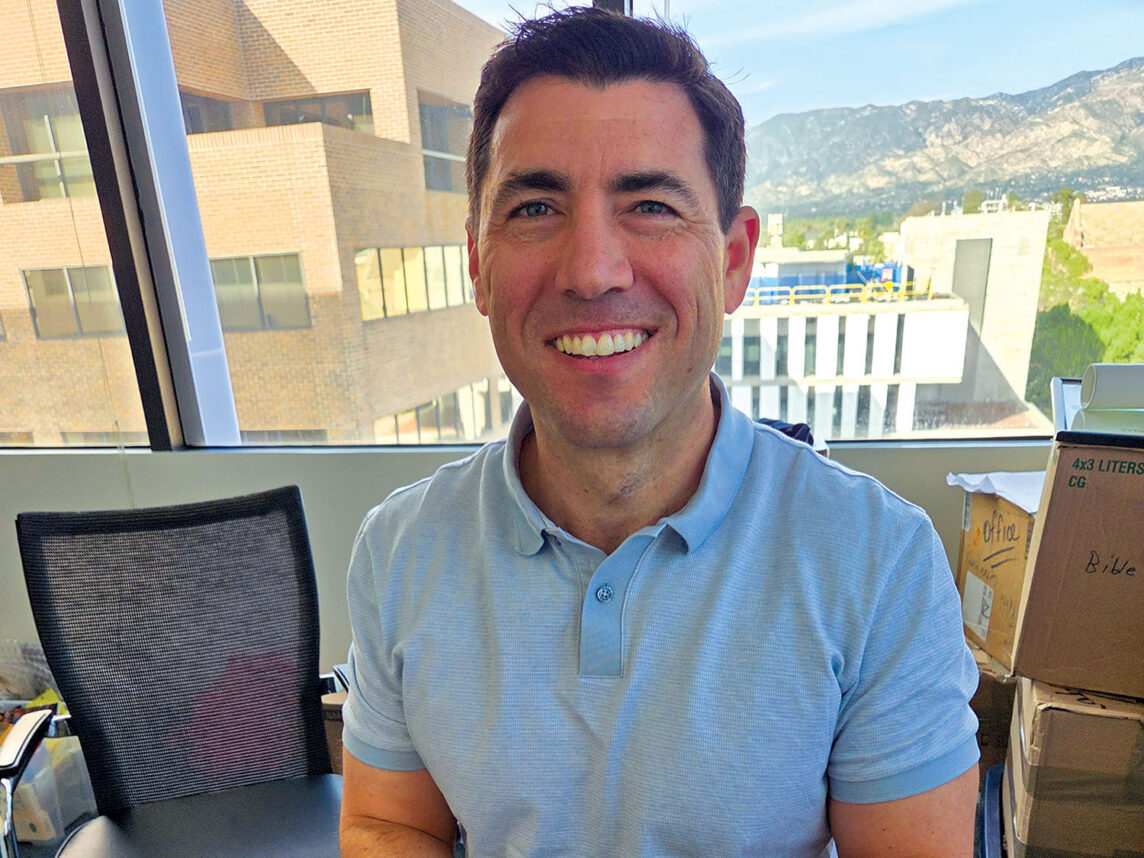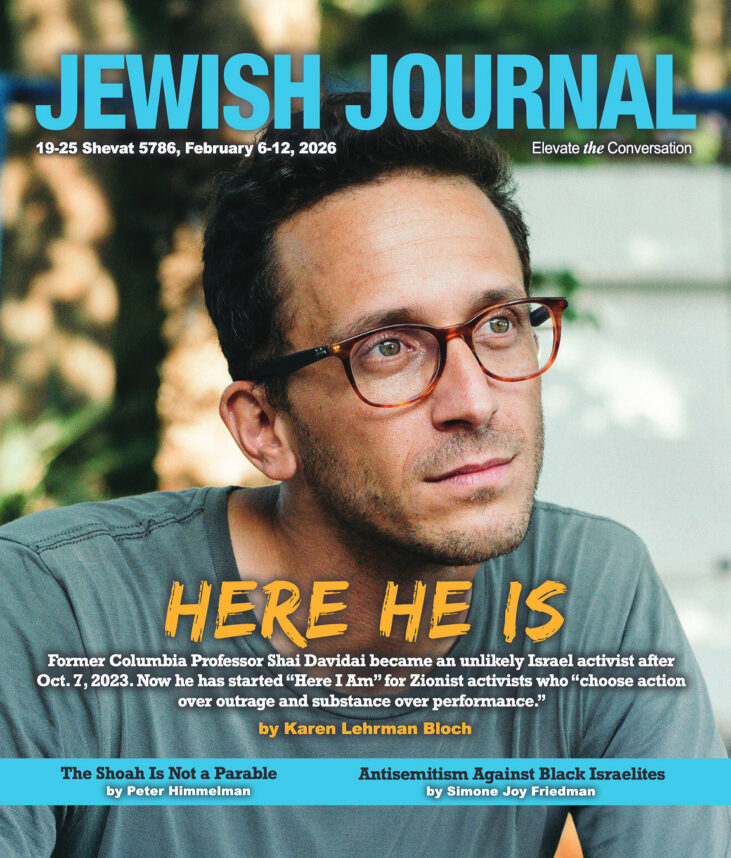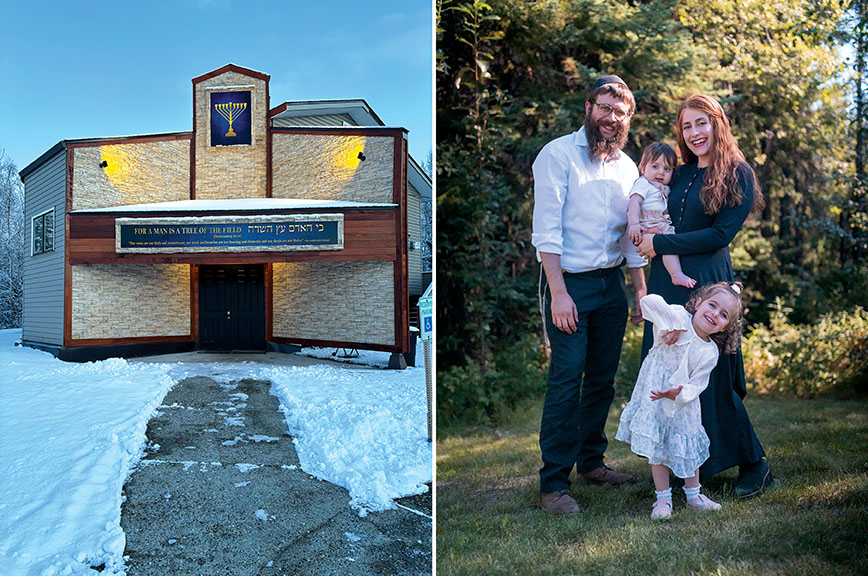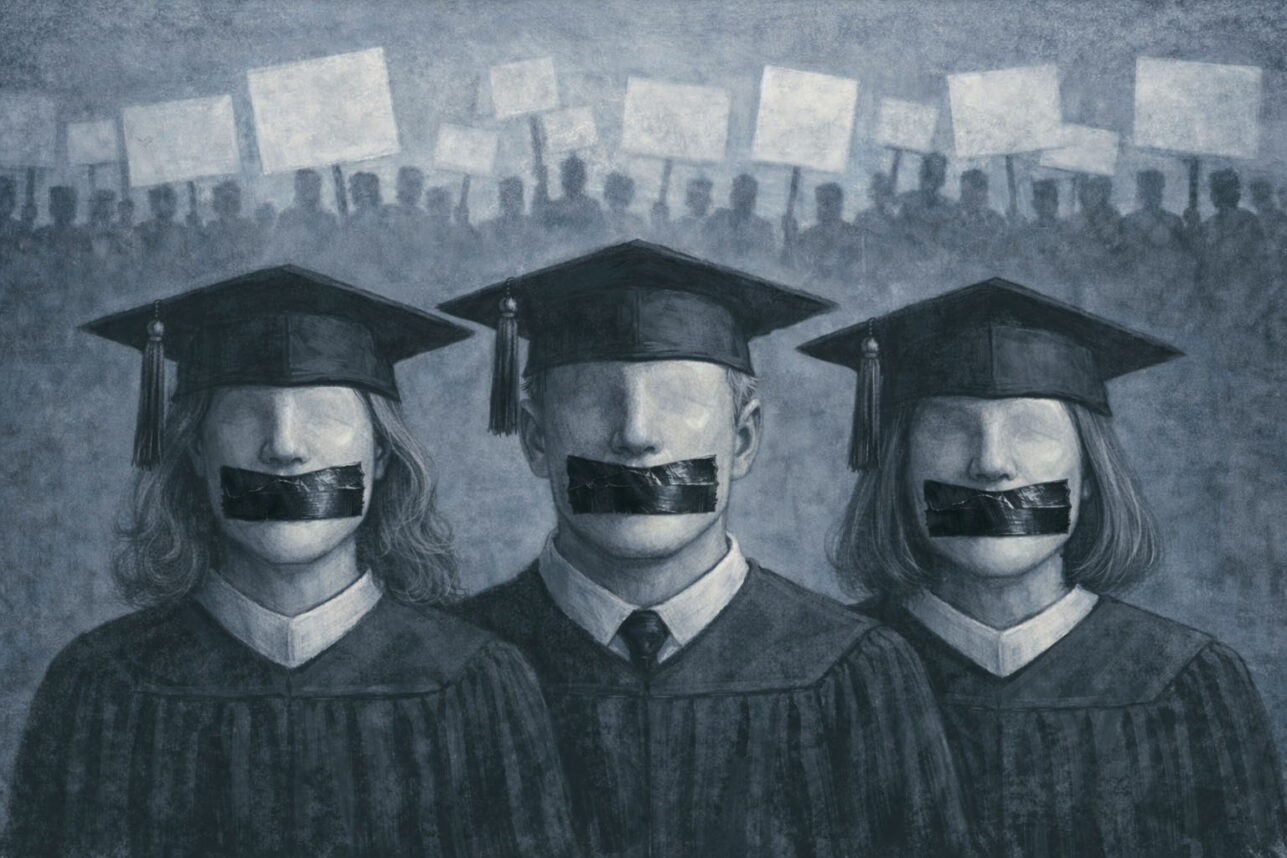Former students and colleagues of Rabbi Matis Weinberg are wearily watching as events swirl around allegations that Weinberg sexually abused students at a California boarding school 20 years ago and more recently at a yeshiva in Israel.
As alleged victims have come forward in the press and wispy rumors gain substance after circulating for 25 years, supporters, who just two months ago asserted that Weinberg was the subject of a vindictive witch hunt, are now adopting a wait-and-see stance.
"In my own heart, I just don’t know," said one former student, who along with many of Weinberg’s former students, lives and teaches in Los Angeles. "But I do believe it should be handled more fairly. I just want to have a chance to see the faces of the people and hear the evidence."
The turbulence surrounding Weinberg began to churn in February, when Yeshiva University in New York (YU) severed ties with Yeshiva Derech Etz Chaim (DEC) in Jerusalem, after it determined that Weinberg — whose association with the yeshiva is a topic of dispute — had allegedly sexually abused students at Kerem Yeshiva in Santa Clarita in the 1970s and had behaved inappropriately with current students in Israel.
In May, DEC filed a civil suit against YU, claiming defamation and breach of contract. The contract, which enables YU students to receive college credit while studying at DEC, includes a clause saying that "neither party will disparage the other’s institution or academic programs, but will be supportive of each other’s efforts."
The suit, filed in the Federal Court in Manhattan, also claims that the allegations against Weinberg are false, and that he is not employed or affiliated with the school. Weinberg had given a lecture once a week at DEC, for which he was not paid and which was terminated following YU’s complaint. The founder of the school, Rabbi Aharon Katz, is a student of Weinberg’s, as are many of the teachers.
Katz is a co-plaintiff with DEC, claiming damages to his own reputation and a threat to the institution’s existence. Currently, DEC has five students enrolled for next year — down from an average of 45 students.
The suit asks for an immediate restraining order to stop YU from maligning DEC, Weinberg and Katz.
YU did not return phone calls asking for comment.
The monetary damages have not yet been specified, but will exceed $75,000, the minimum required for a suit in federal court.
Hayim Gross, counsel for the plaintiffs, said it will be up to the judge to decide whether the plaintiffs will be required to prove Weinberg’s innocence.
"The allegations against Rabbi Weinberg are not true, and if it becomes necessary to show it, to the extent that we can prove the negative, we are prepared to do that," said Gross.
Recent press reports may work against the plaintiffs. In May, Gary Rosenblatt of New York’s Jewish Week published an article that included allegations from unnamed victims, detailing Weinberg’s alleged abuses.
One student who was in Israel last year told The Jewish Week that on a winter excursion, Weinberg climbed into his bed and at other times kissed him slowly all over his face. Three students from Kerem gave accounts of Weinberg lying on top of them or fondling their private parts.
In the same report and in earlier interviews with The Jewish Journal, Weinberg denied all wrongdoing.
The charges were taken up in May by a panel of rabbis in New York, who heard the alleged victim’s stories. They did not contact Weinberg. The panel of rabbis transferred the case to Israel, where Weinberg resides in Jerusalem’s Old City.
Weinberg has been a controversial figure in education for decades. The son and grandson of two successive rosh yeshivas of Ner Israel in Baltimore, a preeminent Orthodox seminary, Weinberg started Kerem Yeshiva in the mid-1970s in Santa Clarita, when he was 29.
His magnetism, combined with his unorthodox educational style, earned him both a loyal following and the watchful eye of colleagues.
Students — even those who still support Weinberg — admit that he constantly flouted social convention. He allegedly nibbled on students’ ears, kissed and hugged them often, occasionally pinched behinds, Kerem students said. He admitted to The Jewish Week that on a few occasions he got violent with students.
One former student — who some two months ago claimed Weinberg is the victim of jealous and vindictive rabbis — recently said that friends at Kerem had confided in him that Weinberg had touched them in a sexual way. He said he passed that information on to other rabbis. Those friends recently called the student again, saying they were going to become part of the current proceedings.
Whether or not Weinberg is guilty, the damage has already been done to DEC, which until this incident had been highly successful in its five years of existence. One rabbi who knew Weinberg at Kerem believes that the most tragic causalty in all of this is Katz.
"He is the most upstanding, straightforward and idealistic person you can imagine. I know him and his wife very well, and they are beyond reproach," he said.
Even if DEC is successful in its lawsuit, it most likely cannot force YU to include it in the program from which it was severed. And without YU students, DEC may not be able to recover.

































